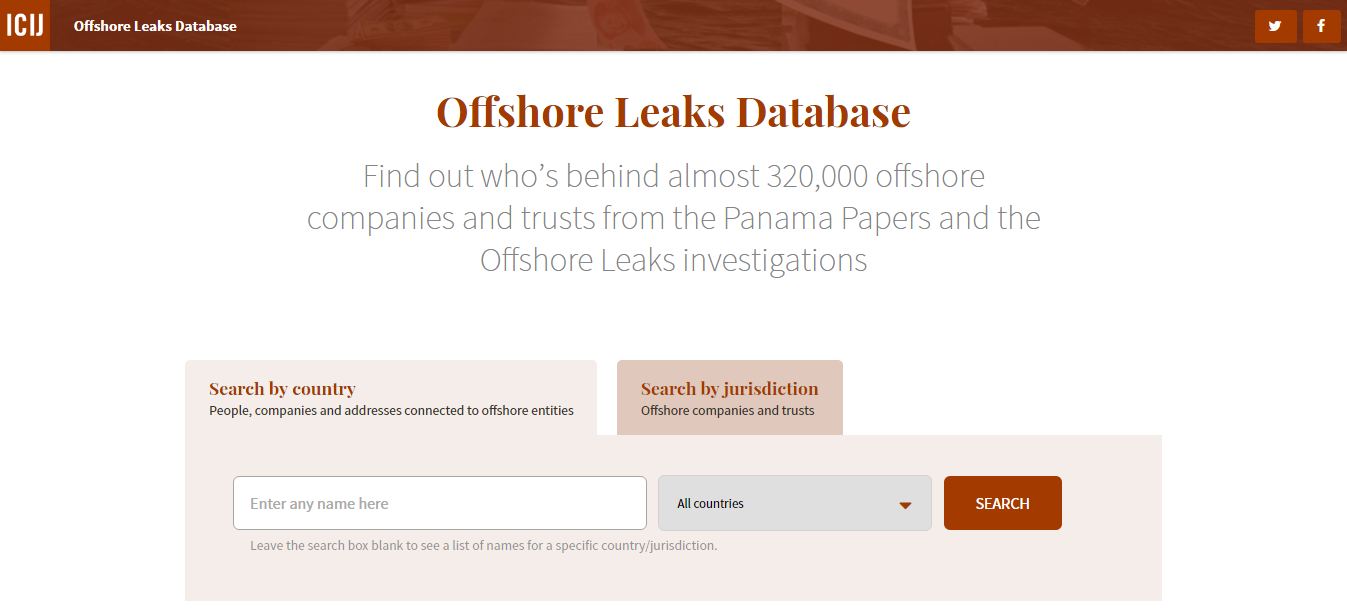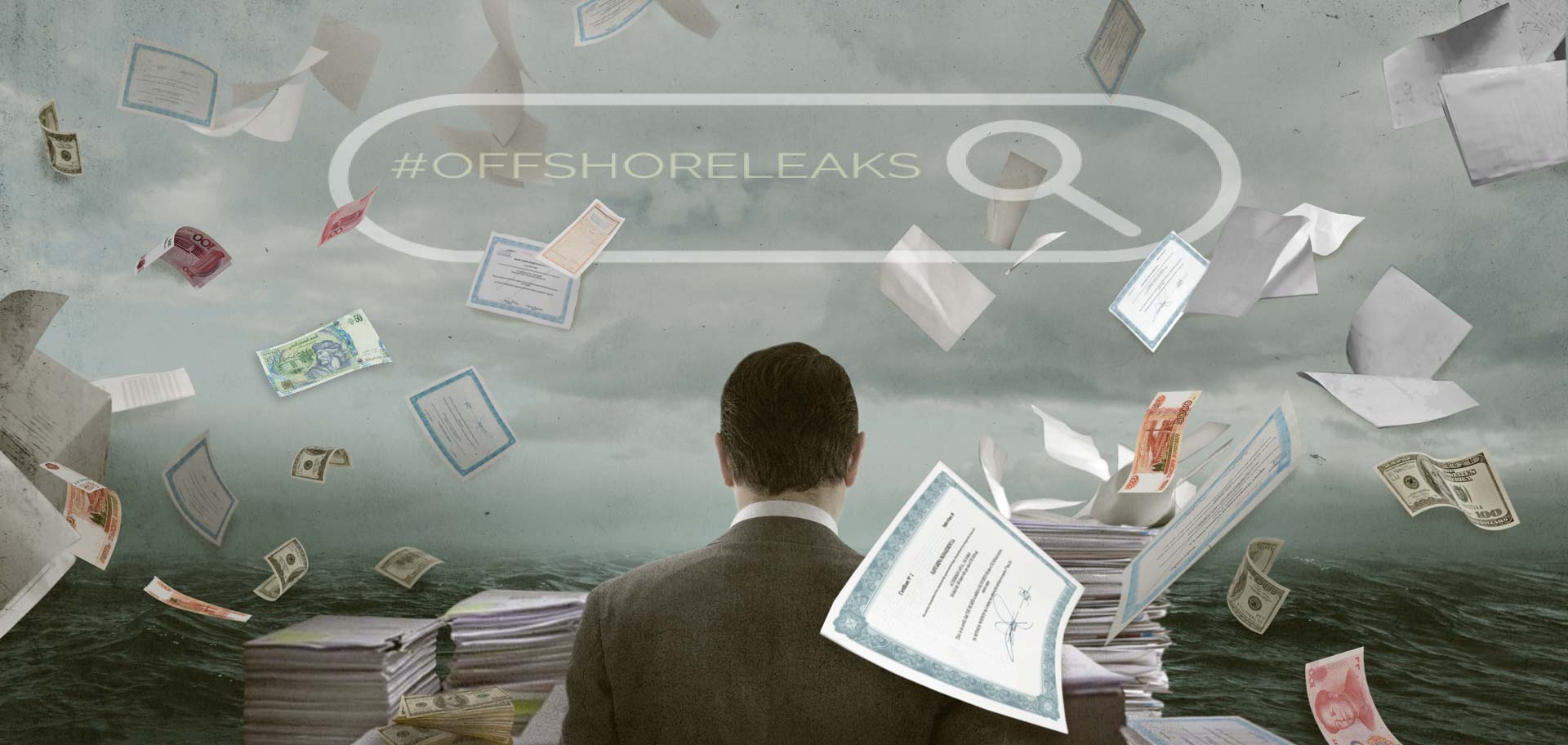
On April 3rd, internal documents were leaked from the Panama-based law firm, Mossack Fonseca. The firm specializes in the creation of offshore companies. More than 370 journalists from 80 countries were mobilized to investigate the documents and publish articles on their findings.
After more than a month of investigations and publications, a part of the database was made public, adding additional information on more than 100,000 offshore entities already exposed via the 2013 Offshore Leaks. This is the largest database of leaked data ever published, covering 40 years of the law firm’s activity.
This database provides information on more than 200,000 individuals and companies across 21 territories and, when available, reveals the identities of true beneficiaries and shareholders.
The ICIJ states that the publication of this database is in the public interest as it provides information on business owners, proxies, and intermediaries; it does not disclose bank account information, email exchanges, or financial transactions.
The leaked documents were obtained by journalists from the German daily, Süeddeustche Zeitung. The journalists then passed the documents to the ICIJ to coordinate a collaboration between journalists from around the world.
Businessmen, politicians, and criminals were linked to assets held offshore, often for the purpose of tax evasion. Before the leaks, these activities were shielded by opaque legal landscapes and the unique protections that tax havens enjoy.
The public reaction to this investigation was strong. Citizens of Iceland and Great Britain took to the streets to protest their respective prime ministers who were implicated in the lists. In Spain, a minister was led to resign, and in France, Panama was swiftly put back on their tax haven blacklist.
In Tunisia, a commission of inquiry was launched by the assembly (ARP), and an investigation was opened by Tunisia’s Financial Judiciary Pole.




